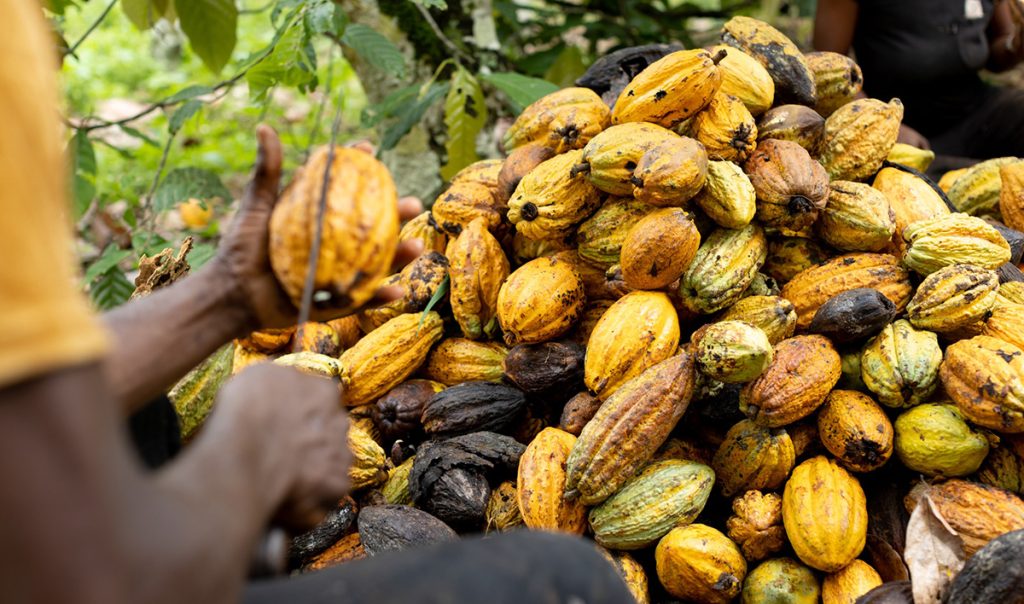In recent years, Ghana, one of the world’s largest producers of cocoa, has been grappling with a significant cocoa crisis. Cocoa, often referred to as “black gold,” is crucial to Ghana’s economy, contributing significantly to its GDP and employing millions of people across the country.
Several factors have converged to create this crisis. Climate change has led to unpredictable weather patterns, including droughts and excessive rainfall, which have disrupted cocoa production. These environmental challenges have affected cocoa yields, leading to lower productivity and poorer quality beans.
Moreover, aging cocoa farms and outdated farming practices have exacerbated the situation. Many farmers in Ghana still use traditional methods that are not sustainable in the long term. The lack of access to modern agricultural technologies, fertilizers, and improved seeds further limits their ability to increase yields and adapt to changing climate conditions.
Economic pressures also play a role. Fluctuating cocoa prices on the global market affect the income of Ghanaian farmers, making it difficult for them to invest in their farms or improve their livelihoods. The high cost of inputs such as fertilizers and pesticides adds to their financial burden.
Additionally, issues of land tenure and land management practices in Ghana pose challenges. The fragmentation of cocoa farms due to inheritance practices has led to smaller land sizes per farmer, making it harder to achieve economies of scale and implement efficient farming practices.
The cocoa crisis in Ghana is not just an economic issue but also a social and environmental one. Many cocoa farmers live in poverty, struggling to make a decent living from their harvests. As a result, there is a risk of younger generations turning away from cocoa farming, opting instead for more lucrative or stable livelihoods.
Efforts to address these challenges are underway. The Ghanaian government, along with international organizations and NGOs, is working on initiatives to promote sustainable farming practices, provide training and education to farmers, improve infrastructure in cocoa-growing regions, and strengthen cocoa cooperatives.
Furthermore, there is a growing global awareness of the need for fair trade practices and sustainable sourcing of cocoa. Companies and consumers are increasingly demanding ethically sourced cocoa, which incentivizes better practices and ensures a fair income for farmers.
In conclusion, while Ghana faces significant challenges in its cocoa industry, there is also hope for improvement through sustainable practices, technological advancements, and international cooperation. Addressing these issues comprehensively is essential not only for Ghana’s economy but also for the livelihoods of millions of cocoa farmers who depend on this iconic crop.
